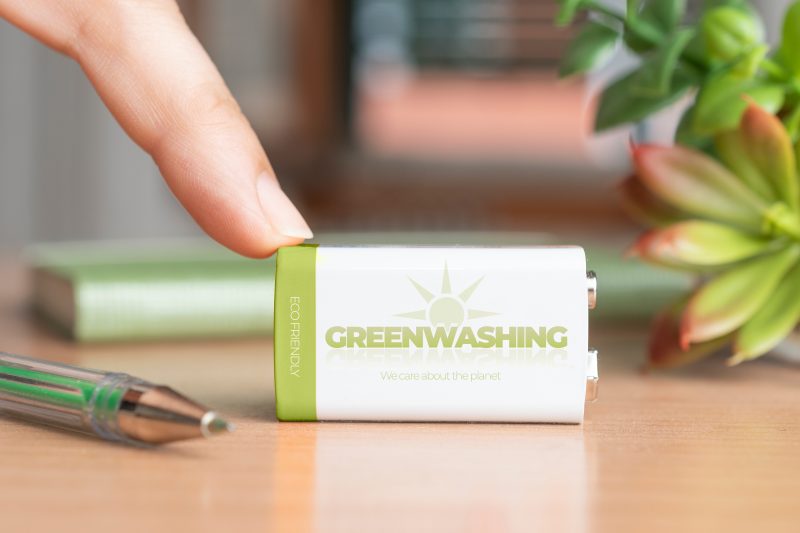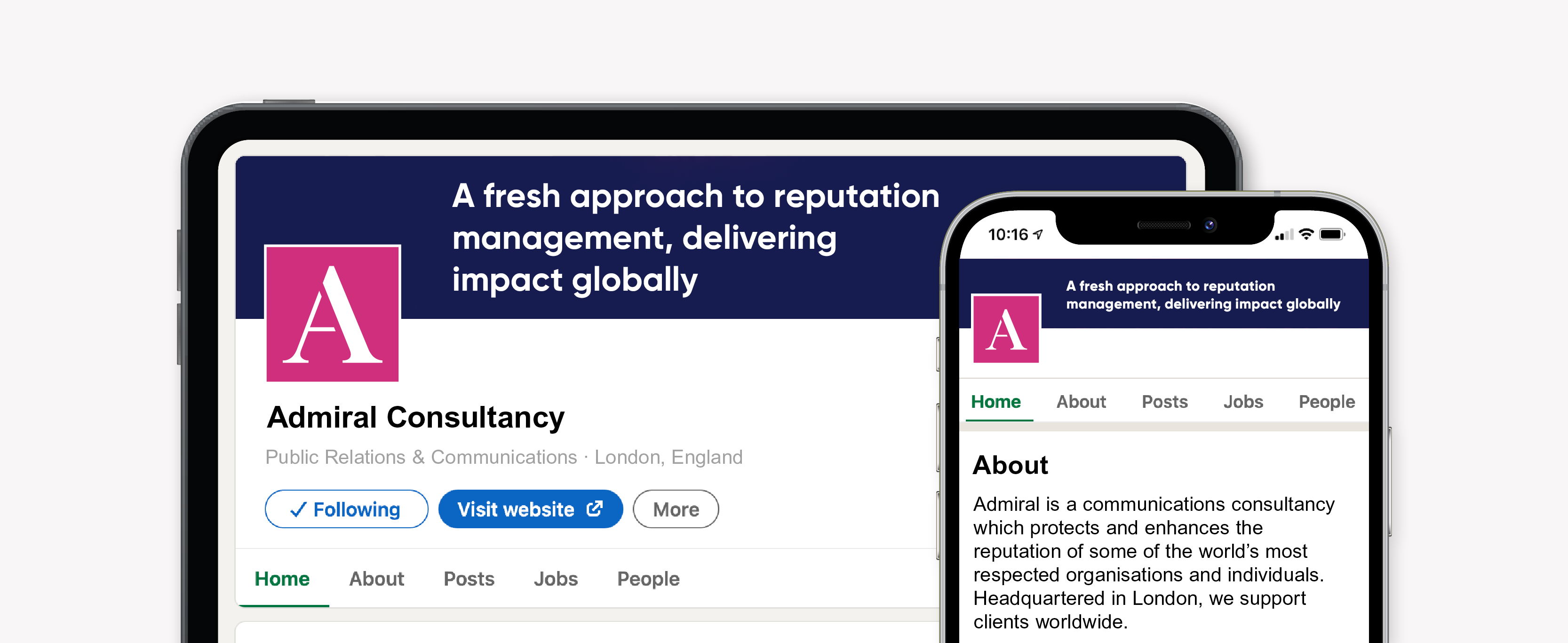PR for polluting organisations – making the right choice
Tuesday, October 11, 2022

Being accused of greenwashing is a quick and efficient way to damage public trust in a company. For some organisations, the practice of dressing up profit-driving strategies as sustainability strategies has rapidly become a new crisis management concern. Yet, it’s not just business brands under scrutiny. Some corners of the communications industry have come under fire too for supporting these companies. But is this shaming fully deserved?
The use of the term ‘greenwashing’ has been steadily growing across media outlets, presenting serious reputational challenges*. Analysis shows that companies from the energy and financial services sectors have the highest media impact scores and are most referenced.
Late last year, the journal Climatic Change published a peer-reviewed study that comprehensively documented the role that public relations firms have played in helping the world’s most profitable oil and gas companies improve their environmental image and block climate action.
Cleantech journalist Jason Deign says: “Companies naturally want to position themselves in the best possible light to their audiences and stakeholders—that is what marketing and public relations is all about. The problem is when the temptation to engage in positive positioning is at odds with objective reality. In that sense, greenwashing is no different to other areas where companies have made exaggerated or inaccurate claims about their positive impact.”
It can only be a good thing that bodies such as the Advertising Standards Authority are clamping down on deliberate misinformation campaigns. With organisations grappling with a melee of public opinion, regulatory considerations and investor pressure, well-articulated sustainability credentials have never been more important. And some companies need expert counsel on how to do it.
As Jason points out, “There could be merit in agencies working with polluting businesses that are genuinely committed to reducing emissions and are seeking advice on ways to communicate accurately with their audiences.”
Avoiding the credibility chasm
Acutely aware that accusations of greenwashing can taint agencies as well as their clients, we endorse a strategy of all businesses owning their shortcomings, while promoting sustainable behaviours.
“Greenwashing can be avoided by looking at your operations through the lens of an impartial or critical observer,” recommends Jason. “For example, a company that spends 10 percent of its capital expenditure on clean energy and 90 percent on unabated fossil fuel extraction can hardly claim to be green.”
So, should communications agencies be working with environment polluting businesses at all? It depends on context. “Agencies should be alert to the risk of greenwashing and could be justified in turning down work that does not align with their ethical code,” concludes Jason.
If you have questions about sustainability communications, contact our team by emailing [email protected].
* “Greenwashing: How Can PR and Comms Clean Up Their ESG Messaging?”
